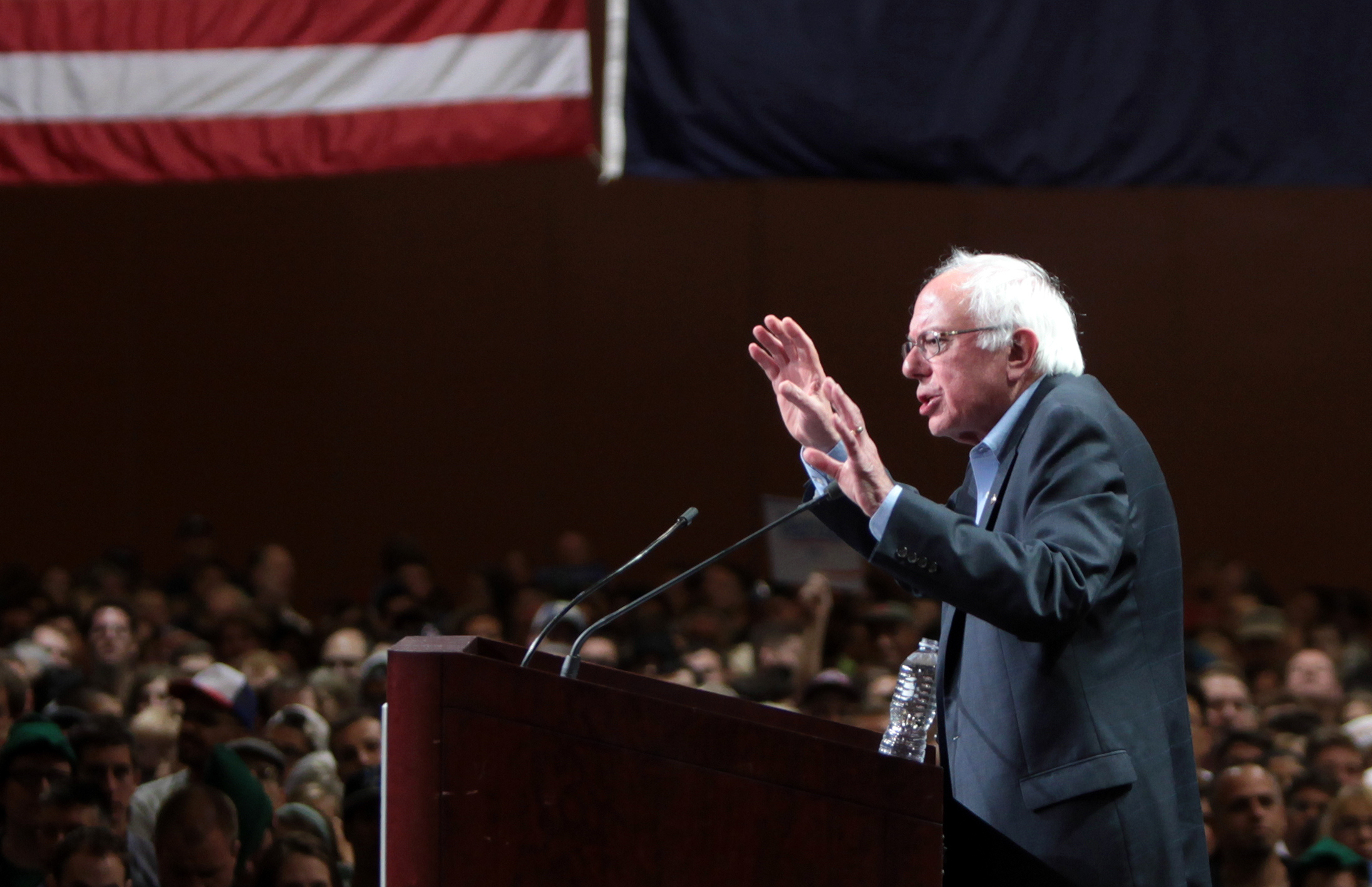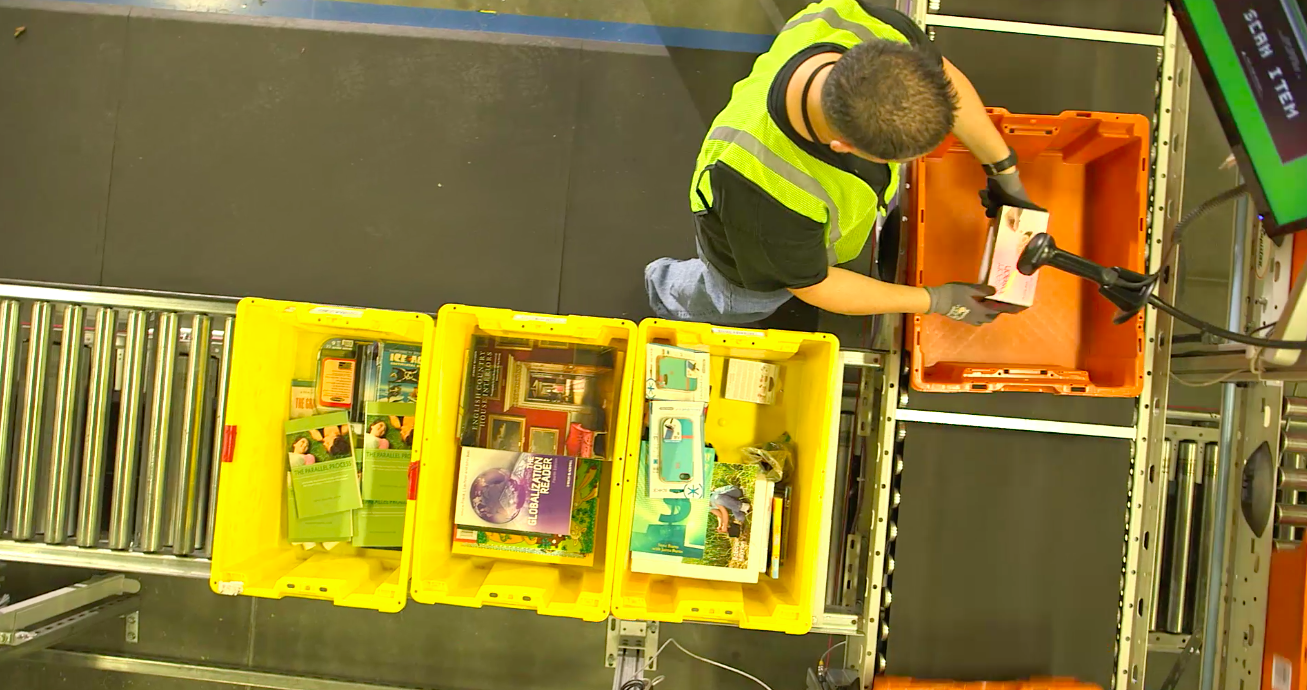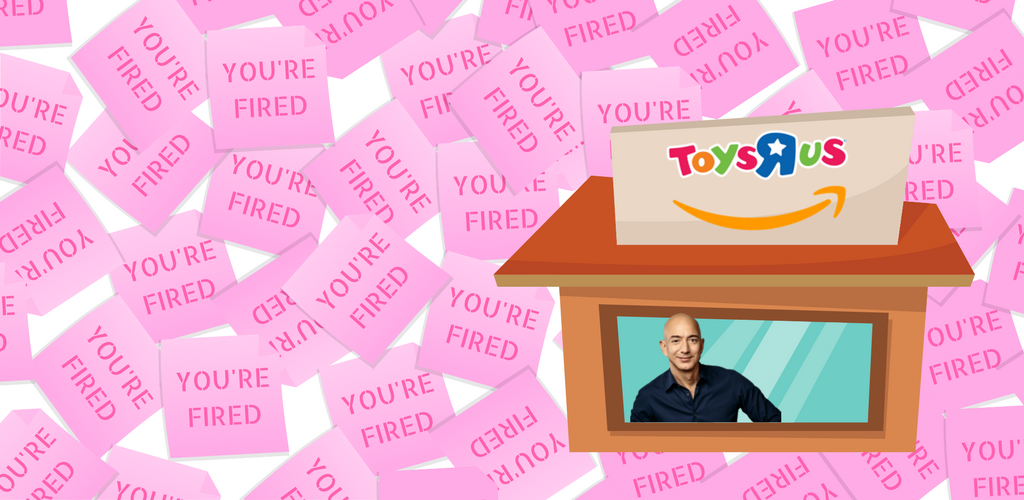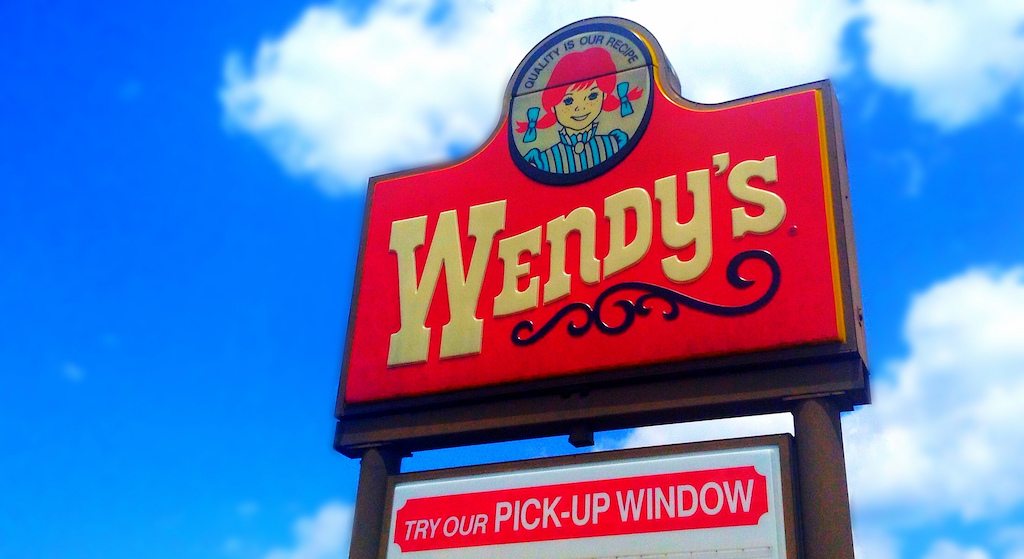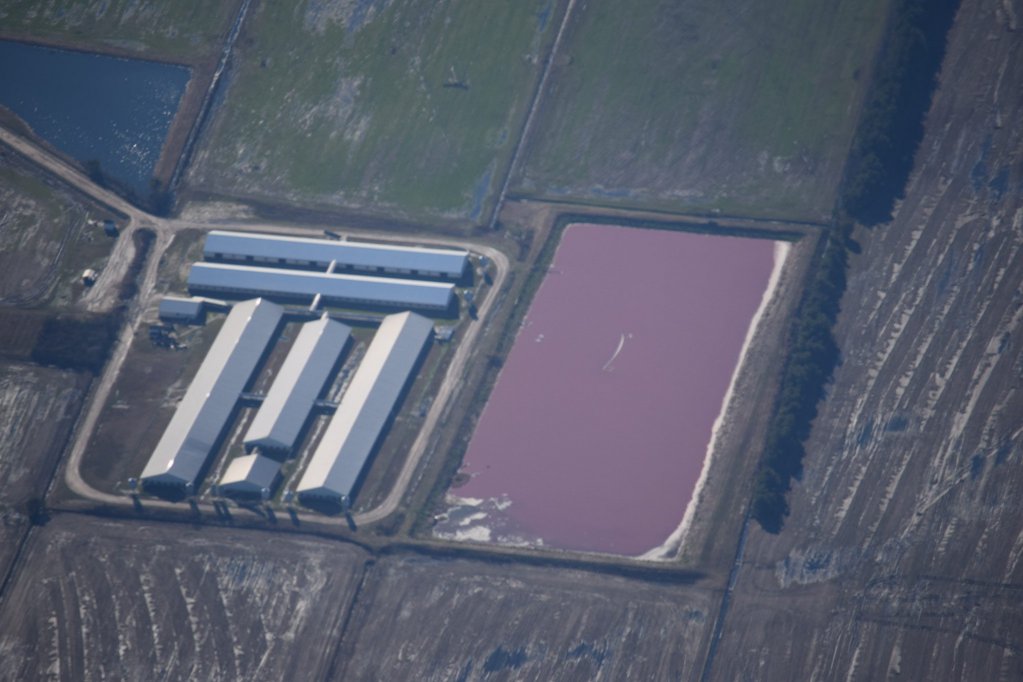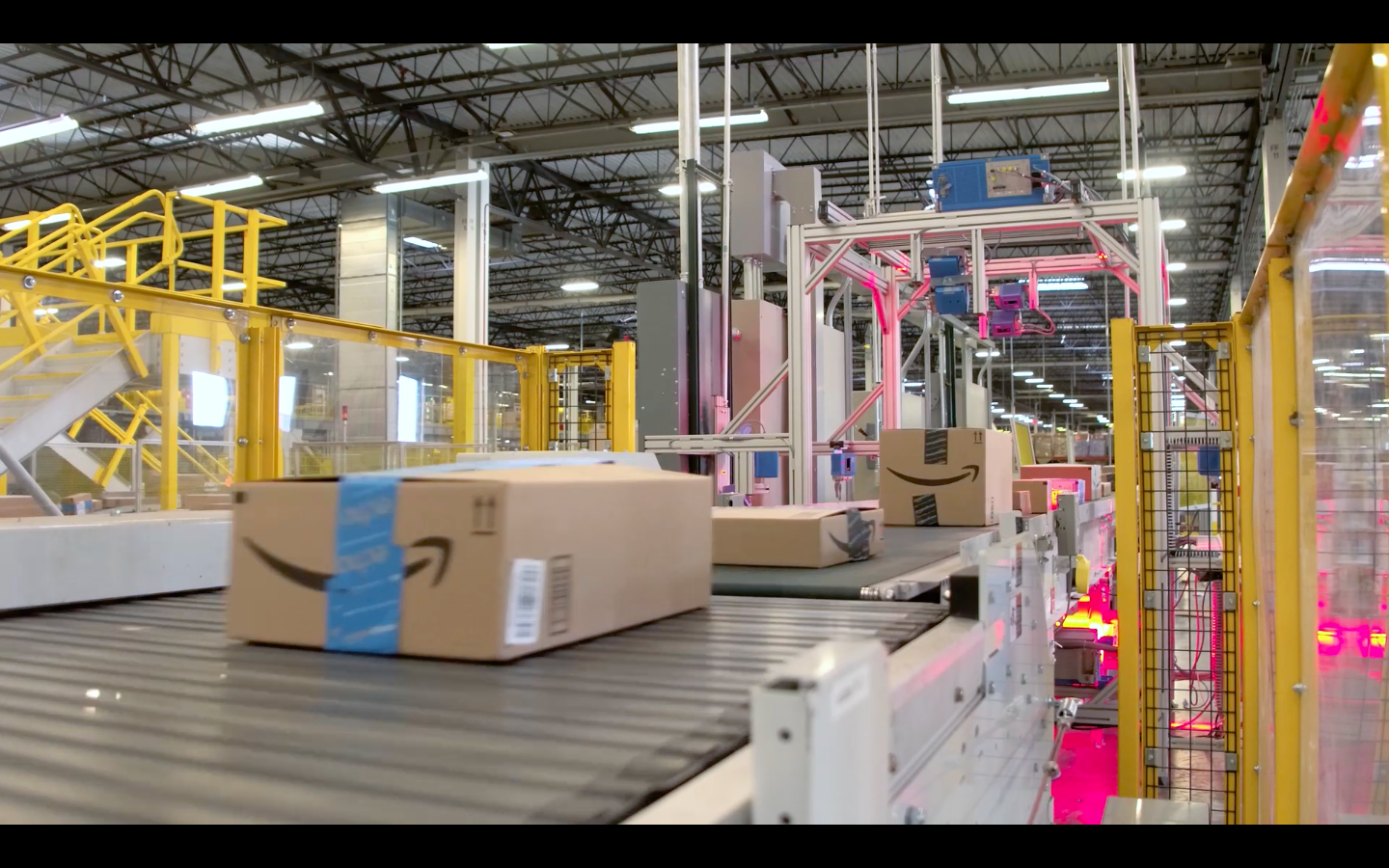
Amazon
In Lexington, Kentucky, Amazon is engaged in a protracted regulatory standoff, one that’s gone largely overlooked by the public for nearly a decade. It’s not over sales tax or drone delivery this time. Instead, the debate is over whether the company’s warehouses need to register with the government under federal food safety law.
The story starts with the Food Safety and Modernization Act of 2011 (FSMA), which mandated that the nation’s “food facilities” all register with the Food and Drug Administration (FDA). Registered facilities must also allow FDA to inspect their premises at all times, agree to the regular inspection schedule stipulated by FSMA, and renew registration every two years. But these requirements have proven to be too onerous for Amazon: MarketWatch reports that the company has let its facility on the west side of Lexington go unregistered since 2000, when it was built.
It’s not that the government hasn’t noticed. The FDA sent the company a warning letter in 2008, according to Marketwatch, insisting that the warehouse be registered. In 2010, FDA dropped by for its first inspection—its first in 10 years, and its first ever. When it visited the facility again in 2013, it once more insisted that Amazon register the warehouse. But as of today, according to documents obtained by MarketWatch, the facility remains unregistered.
That’s despite the fact that FDA turned up food safety issues at the facility during both of its inspections. When I looked at FDA’s records for those visits, I found that the agency noted “foodborne biological hazards” in both 2010 and 2013, and an additional violation in 2013 of the Radiation Control and Health Safety Act. (The public reports don’t get more specific, and FDA did not respond to my request for more information by press time.)
For its part, Amazon has insisted it’s doing nothing wrong. According to a report reviewed by MarketWatch, the company has claimed to investigators that it is a retail company, and therefore doesn’t need to register with FDA. The government has disputed that designation in its dealings with the company, according to the article.
 NFE
NFE Amazon remains unregistered despite the fact that FDA turned up food safety issues at the facility during both of its inspections
Which means, for now, that the company is likely sticking with self-policing—at least in Lexington. “Food and product safety are top priorities for Amazon,” an Amazon spokesperson told The New Food Economy, in an emailed statement. “Our fulfillment centers are not only permitted as required by state and local health departments, but we have a robust food safety program to ensure our products are safe for our customers.” The company did not answer my more specific questions about whether other facilities remained unregistered, or whether it disputes its designation as a “food facility” more generally.
Legally, FDA has the right to penalize an unregistered facility, including by revoking its right to sell goods. But it hasn’t done so in Amazon’s case, which brings up another issue. The agency rarely takes enforcement action against food facilities, even when it finds serious violations.
According to a 2017 report from the Department of Health and Human Services’ Office of the Inspector General (OIG), 22 percent of significant food facility inspection violations met with no action from FDA. How serious is “significant”? The three examples provided by the report aren’t for the faint of heart: Salmonella contamination at a pepper processing plant in New Mexico; live birds and crickets rampant in a Washington tofu facility; live and dead pests throughout a cheese factory in Kentucky, as well as an employee found stirring curds with his bare hands.
In most instances like these, FDA took only “advisory” action—essentially, issuing a verbal warning and allowing the facility to clean up its act voluntarily. This widespread practice has led to accountability issues, according to OIG.
“If FDA takes no action in such cases, facilities may not correct the violations; this undermines FDA’s efforts to ensure that the food supply is safe,” the 2017 report said. “When FDA did take action, it most commonly relied on facilities to voluntarily correct significant inspection violations; these actions were not always timely nor did they always result in the correction of these violations.”
Why FDA has been so unwilling to use its power—in Amazon’s case, and in others—remains unclear. What is clear: Lax enforcement is the norm, and follow-ups are rare. For now, it looks like Amazon has decided to call the agency’s bluff.
TL;DR: FDA wants to regulate Amazon’s fulfillment centers as food facilities. Amazon begs to differ.

